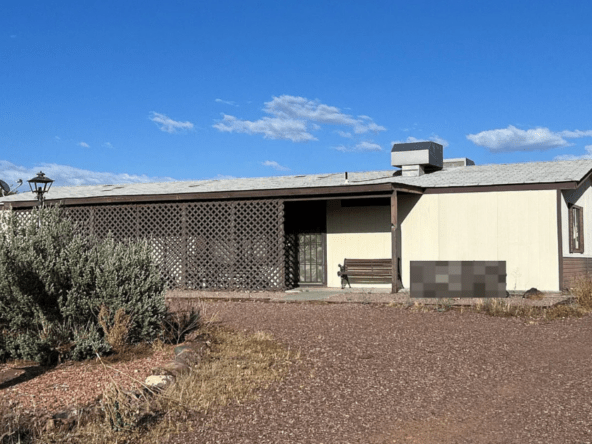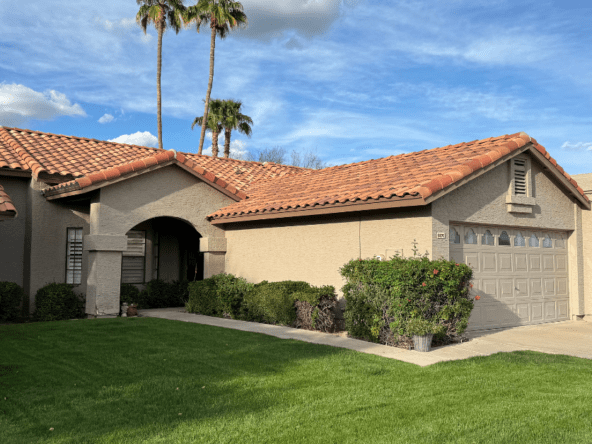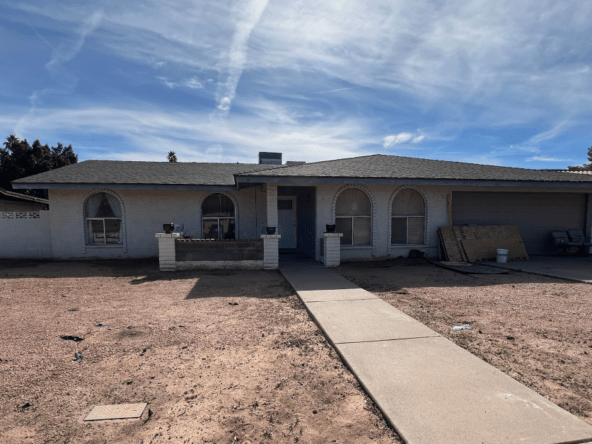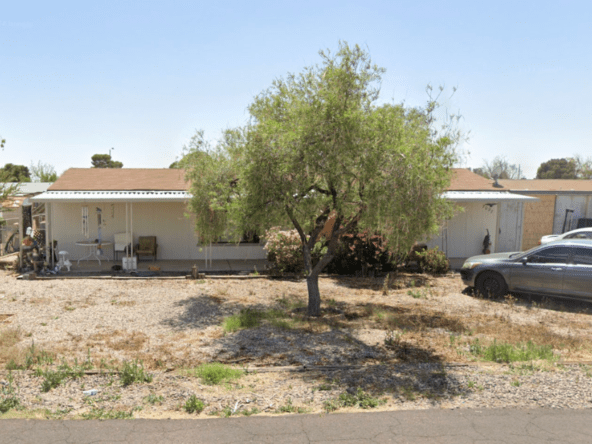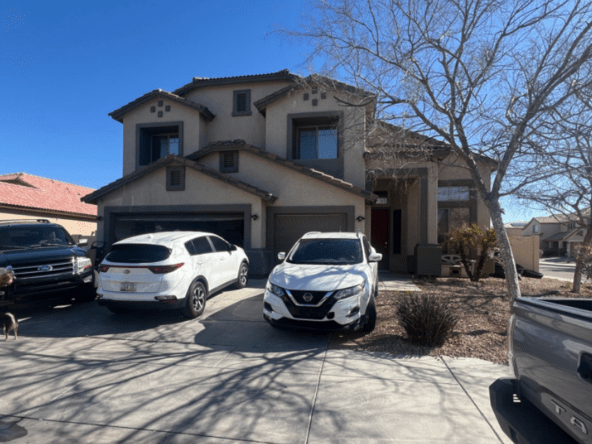If you are in the market for a new home, you may be wondering exactly what type of loan is right for you?
In some instances, you may be able to eliminate a few options right out of the gate. If you or your spouse have no military history, you can eliminate a VA loan. Or, if you’re looking for a home in the city or most suburbs, the property won’t qualify for a USDA loan.
The majority of remaining prospective homeowners are going to be faced with deciding between conventional financing and FHA. Here are some features of both, to help you make up your mind.
Conventional loans
The term “conventional” in classifying these types of loan simply means the loan is not part of a government-sponsored program. Conventional loans make up the majority of mortgage loan financing. Their major advantage is that you’ll typically pay less over the life of the loan. However, it can be more difficult to qualify for a conventional loan. In some instances, mortgage insurance may be required.
Conventional loans fall into two primary categories: conforming and non-conforming.
Conforming loans are loans that have the maximum loan amount set by the government. They also comply with other rules that are set forth by either Fannie Mae or Freddie Mac, the entities that back conforming loans.
Some conforming loans are considered “conforming jumbo” loans, which mean they are for amounts higher than $484,350. These jumbo loans are only available in certain counties, based primarily on markets with particularly high housing prices.
The maximum allowable conforming loan amounts can be found on the HUD website for mortgage limits.
Non-conforming loans are a bit of a catch-all category and are less standardized. The eligibility requirements, pricing and other features will vary, depending on your lender, so you may want to shop around to compare your offers. There are jumbo non-conforming loans as well, typically up to $1-$2 million, but the rules and requirements depend on the lender.
Many of the loans that got people in trouble during the housing crisis fall under the “non-conforming” category, so before you go that route, it’s wise to investigate your other options.
FHA Loans
Simply put, FHA loans are loans made by private lenders (your credit union, bank, mortgage company) that are regulated and insured by the Federal Housing Administration (FHA).
The hallmarks of FHA loans compared with other loan products are:
- Down payment as low as 3.5% of the loan amount
- Lower allowable credit scores than most conventional loans
The maximum loan amount varies by county, based on the varying housing market. You can check your maximum limit for the county you tend to buy in at the HUD website. For example, the maximum amount of an FHA loan for Maricopa County is $331,760 for a single-family home.
If you have good credit and plan to put 10 to 15 percent down, then an FHA loan is probably going to be more expensive for you than a conventional loan. All FHA loans require mortgage insurance, which is paid along with your mortgage payment. If you are able to avoid it by going with a conventional loan, it is to your advantage to do so.
Other “special” programs
In addition to VA and USDA loans, there are state, local and nonprofit sponsored loan programs from time to time that you may qualify for. Your lender can provide you with details of any special loan programs you should consider.
Unlisted Homes For Sale
Off market homes you will not find anywhere else. Get access to incredible deals.
Amplify Your Profit Potential in North Phoenix
- Asking $250,000
- Beds: 3
- Baths: 2
- 1352 sqft
- Mobile Home
Investor Alert: Great Deal in Goodyear
- Asking $195,000
- Beds: 3
- Baths: 2
- 1248 sqft
- Mobile Home
Exceptional Pre-Foreclosure Investment Opportunity in Tolleson
- Asking $325,000
- Beds: 4
- Baths: 2
- 1889 sqft
- Single Family Home
Transformative Potential with Outstanding Profit Margins
- Asking $275,000
- Beds: 2
- Baths: 2
- 1457 sqft
- Single Family Home
Seize the golden opportunity for a quick flip in Mesa
- Asking $350,000
- Beds: 4
- Bath: 1
- 1660 sqft
- Single Family Home
Profit in Scottsdale’s Prestigious Eagle Point
- Asking $450,000
- Beds: 2
- Baths: 2
- 1141 sqft
- Townhouse
Profitable Flip or Rental Opportunity Awaits in Mesa
- Asking $360,000
- Beds: 3
- Baths: 2
- 1604 sqft
- Single Family Home
Low-Effort High-Return Investment in Peoria
- Asking $199,000
- Beds: 3
- Baths: 2
- 1496 sqft
- Mobile Home
Your Next High-Profit Opportunity Awaits in Laveen
- Asking $380,000
- Beds: 5
- Baths: 3
- 2616 sqft
- Single Family Home



